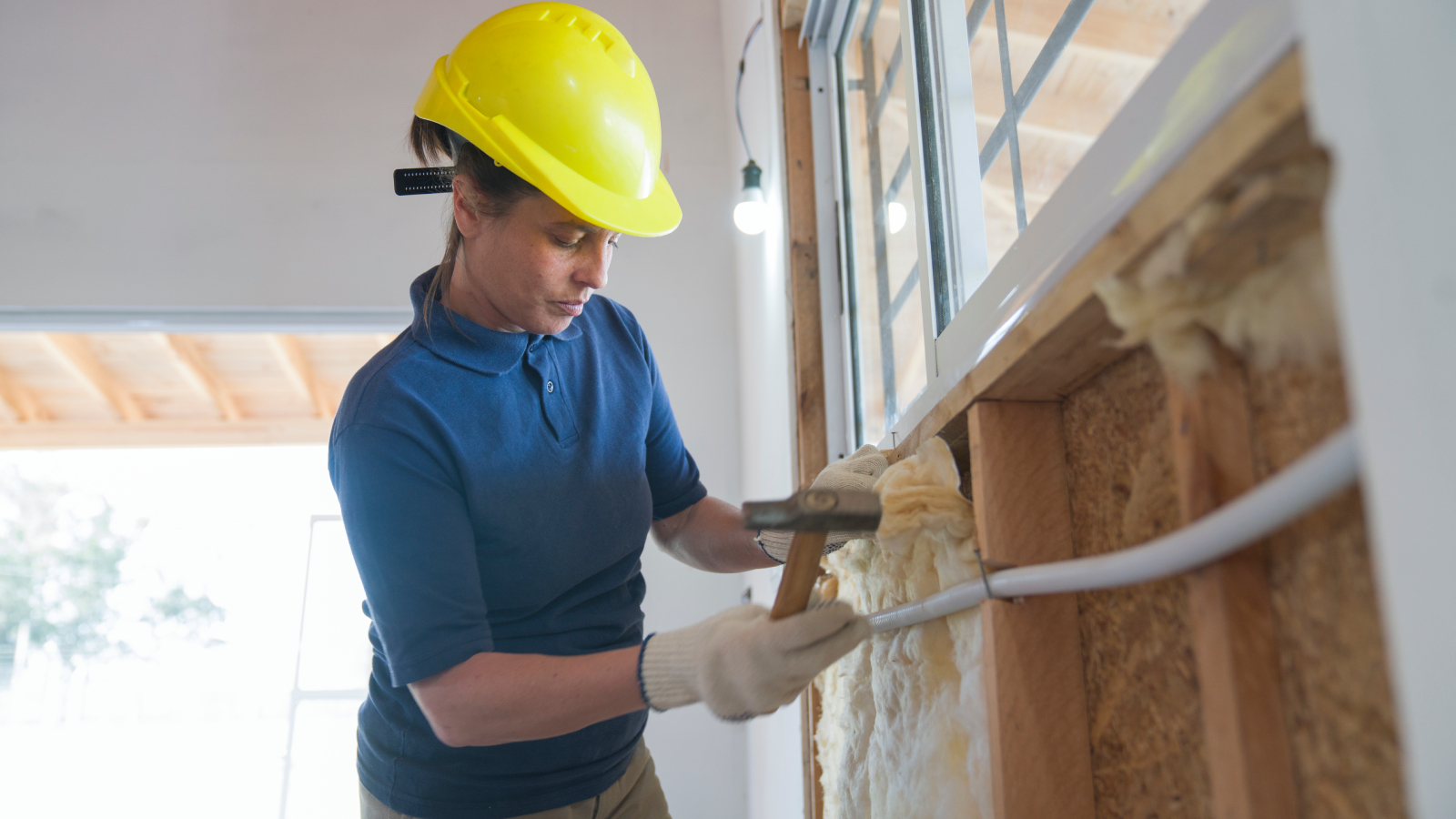
"The Future Homes Standard, due to come in 2025, will require all new homes in England to produce 75-80% fewer carbon emissions. This means higher-spec materials, thicker insulation, low-carbon heating systems, and improved ventilation. At the same time, landlords must prepare for stricter Energy Performance Certificate ( EPC) rules, with rental properties in England and Wales needing to reach a minimum EPC rating of C by 2030."
"Even outside the new standards, many homeowners are already retrofitting to save on energy bills. Common upgrades include high-performance insulation, triple-glazed windows, airtightness works, and renewable heating such as air source heat pumps. The problem? These measures cost more to install than traditional materials and methods, and that higher cost carries over to insurance. If a property with these upgrades were damaged in a fire or flood, the rebuild would now be significantly more expensive, yet many insurance policies don't reflect this change."
New regulations including the Future Homes Standard, tougher EPC requirements and Scotland's Heat in Buildings Bill require higher-spec materials, thicker insulation and low-carbon heating. The Future Homes Standard will require new homes in England to produce 75–80% fewer carbon emissions from 2025. Rental properties in England and Wales must reach a minimum EPC rating of C by 2030, and Scotland's proposed bill will push owners of existing homes to upgrade heating and insulation. Many homeowners retrofit insulation, triple-glazed windows and air source heat pumps. Those upgrades increase construction and rebuild costs, and many insurance policies do not reflect higher replacement costs, leaving many properties underinsured.
Read at Homebuilding
Unable to calculate read time
Collection
[
|
...
]